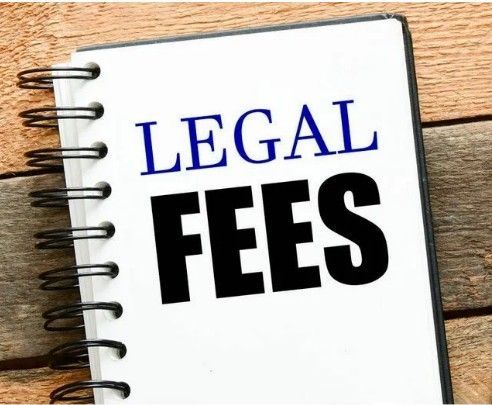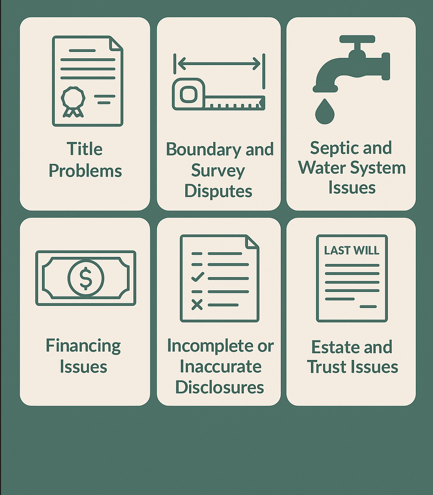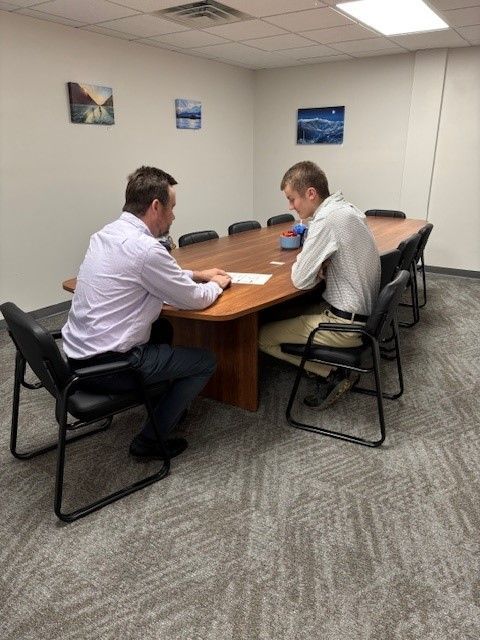Vermont Real Estate 101: The Significance of the Purchase and Sale Contract in Property Transactions

If you're looking to purchase or sell property in Vermont, one document you will undoubtedly encounter at the beginning of the transaction is the real estate purchase and sale contract. This legally binding document is a foundational element in the process, laying out the terms and conditions of the sale. Given its importance, it's critical for both buyers and sellers to understand its provisions and implications.
What is a Real Estate Purchase and Sale Contract?
At its core, a real estate purchase and sale contract is a written agreement between a buyer and a seller. It outlines the terms and conditions under which a property will be sold. Once both parties sign the contract, they are legally bound to its terms unless both parties agree to amend or terminate it or unless the contract itself provides a method of termination.
Why is the Contract Important?
The purchase and sale contract serves multiple critical functions:
- Clarifies Expectations: It details what each party commits to – from the purchase price to other conditions of the sale.
- Provides Legal Protection: If disputes arise, the contract can be referenced as a written record of the parties' agreement.
- Sets Timelines: The contract will typically specify critical dates, like the closing date and inspection periods.
Typical Provisions in the Contract
While each real estate contract can vary, many will include the following provisions:
- Purchase Price: This is the amount the buyer agrees to pay for the property.
- Deposit/Earnest Money: This is a sum of money the buyer provides as a show of good faith, demonstrating their commitment to the transaction.
- Property Description: A detailed description of the property, often including its address and any included items (like appliances or fixtures).
- Inspection Clause: Allows the buyer a specified period to have the property inspected and potentially renegotiate or withdraw based on the findings.
- Financing Contingency: This provision states that the purchase is contingent on the buyer securing mortgage financing.
- Title and Liens: Stipulates that the seller will provide a clean title to the property, free of liens or other encumbrances.
- Closing Date: The date by which the sale should be finalized.
- Possession Date: The date the buyer can take possession of the property.
- Default Provisions: Defines the consequences if either the buyer or the seller defaults on their contractual obligations.
What Happens If the Buyer Is in Default?
If the buyer defaults, typically by failing to follow through with the purchase without a valid reason (e.g., a failed financing contingency or significant issue discovered during inspection), they may forfeit their earnest money deposit. The specific consequences will depend on the contract's provisions. Some contracts may allow the seller to also seek additional damages or enforce the sale, although this is less common.
What Happens If the Seller Is in Default?
If the seller defaults, often by failing to deliver the property as agreed or by providing a property that doesn’t match the description in the contract, the buyer might be entitled to get their earnest money deposit back. Additionally, the buyer could potentially sue the seller for breach of contract, seeking specific performance (forcing the sale) or damages. Again, the specific remedies available will be outlined in the contract.
In Conclusion
The real estate purchase and sale contract is a pivotal element in Vermont property transactions. Both buyers and sellers should seek legal counsel to understand their rights, responsibilities, and the contract's implications. Remember, understanding your contractual obligations from the outset can pave the way for a smoother, more transparent real estate transaction.










